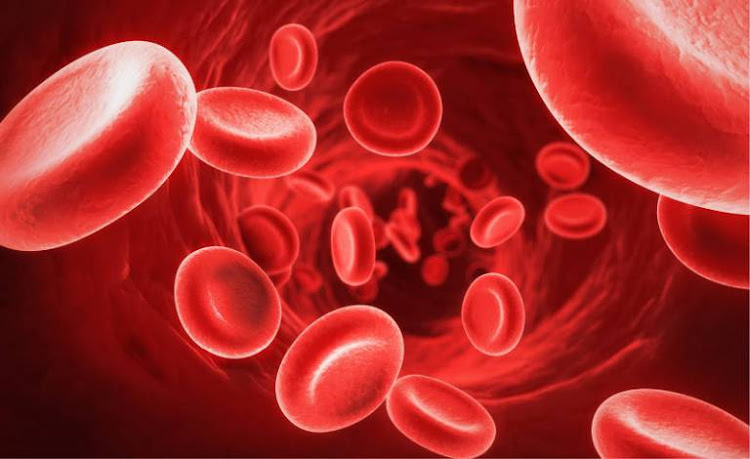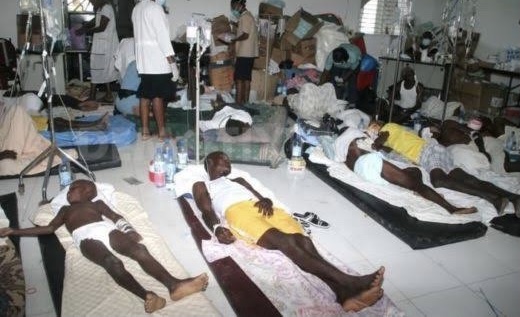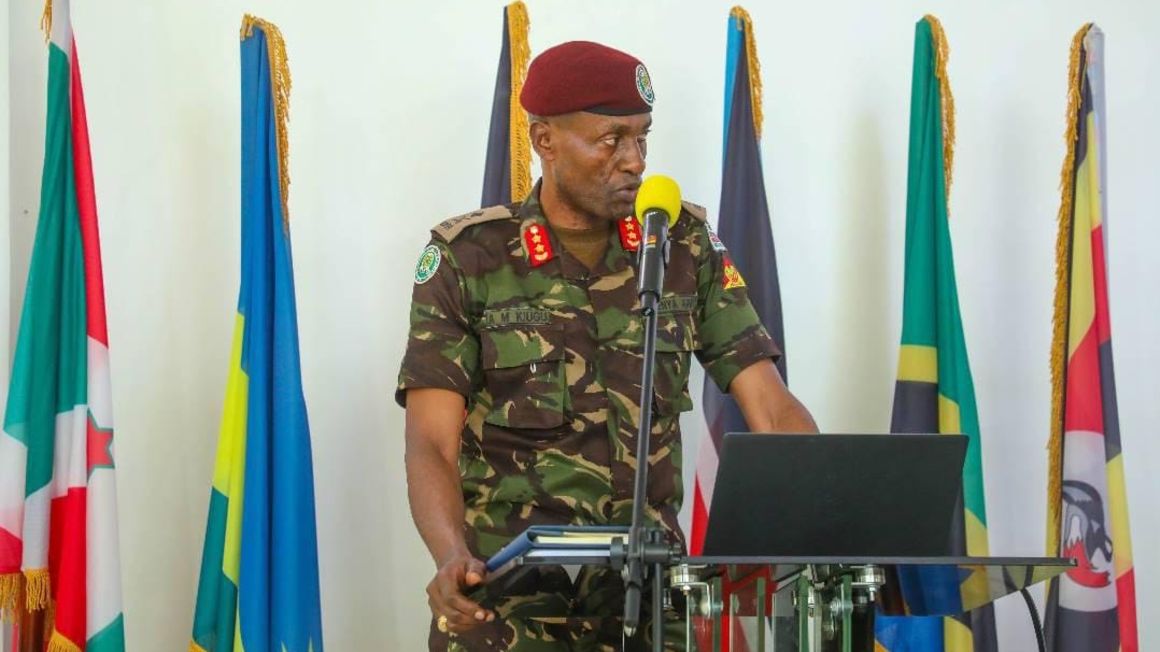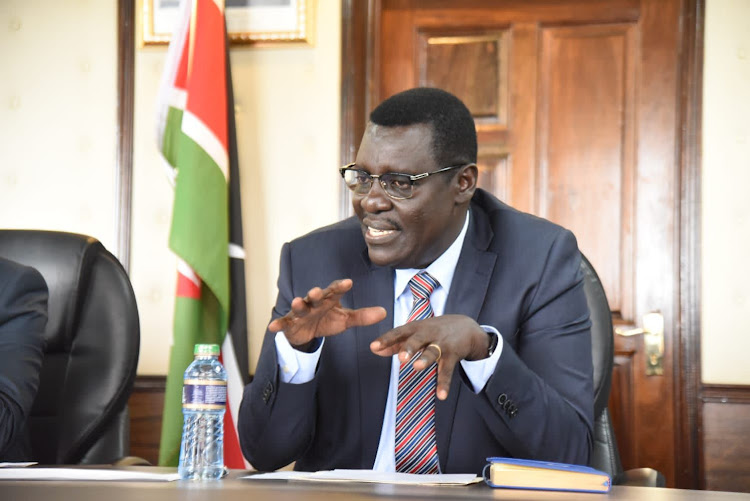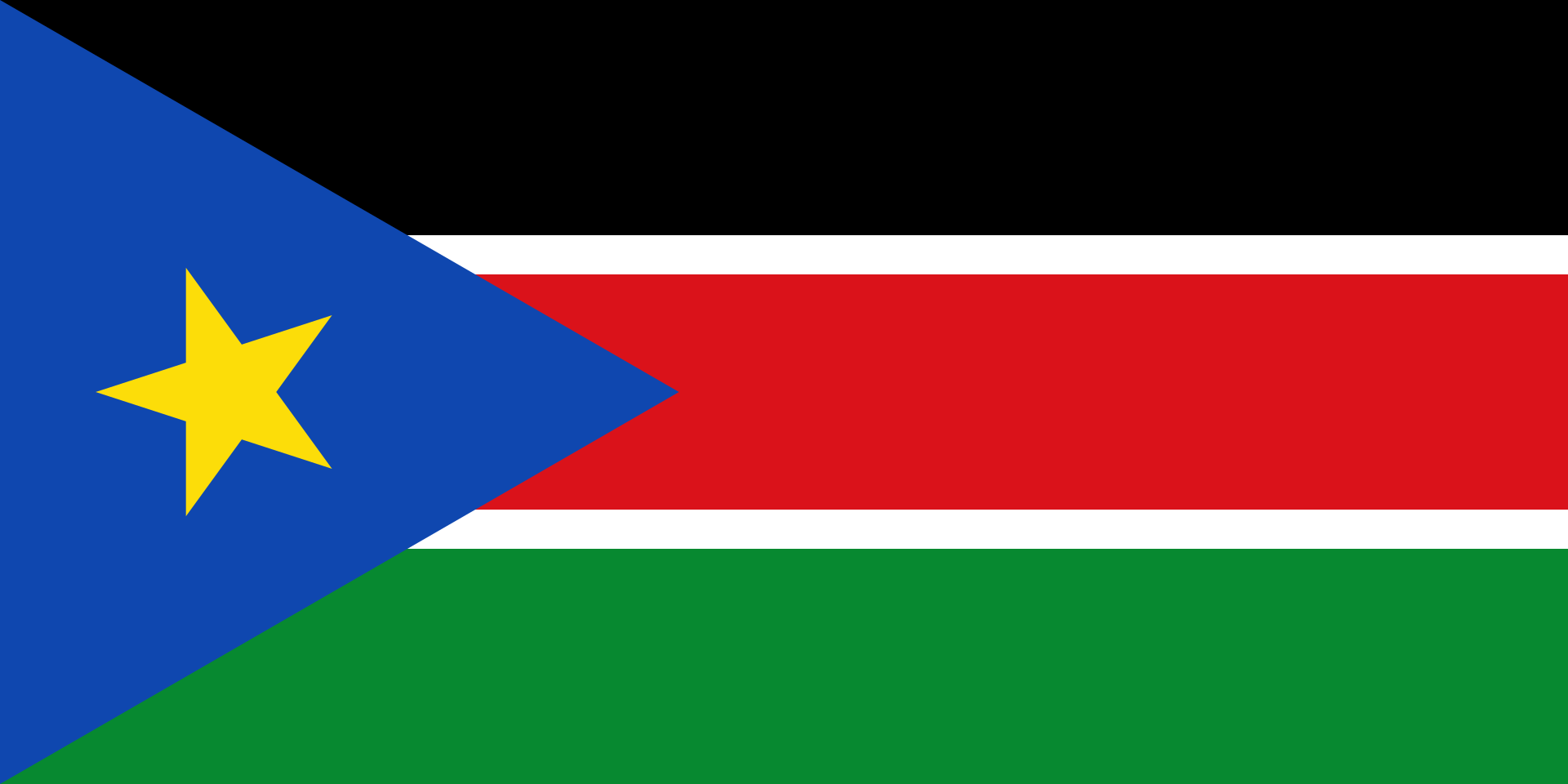- Since women have two x chromosomes, one steps into place in the case that one is abnormal, helping in stopping unnecessary bleeding by buffering the abnormal x.
- This does not however mean that women who have the abnormal x gene that they pass on from their daughters, do not suffer from bleeding.
One in every 10,000 Kenyans suffers from haemophilia, Kenya Haemophilia Association chairman Dr Kibet Shikuku says.
The disease arises from a lack of clotting factors, which is a function of the x chromosome.
Both men and women have an x chromosome, with women having two and men having one, xy.
Speaking to the Star, Shikuku noted that all human beings can form blood clots owing to the x chromosome which enables us to produce coagulation or clotting factor concentrate.
Those are proteins that form a clot.
"Because of the x chromosome, it means that when someone has an abnormal x, it will manifest as a bleeding disorder," he said.
This means that almost 99 per cent of haemophiliacs or bleeders are boys or men.
Since women have two x chromosomes, one steps into place in the case that one is abnormal, helping in stopping unnecessary bleeding by buffering the abnormal x.
This does not, however, mean that women who have the abnormal x gene that they pass on from their daughters, do not suffer from bleeding.
Women who carry the abnormal x, also suffer sometimes as much as the men.
Shikuku regretted that in most cases associated with women bleeders, they choose to suffer in silence.
He said the Association was working towards a way of helping them the same way the men are being attended to.
Haemophiliacs begin experiencing symptoms as early as during birth.
"During birth, because of the pressure going through the birth canal, a child with the gene would end up with a bleed on the scalp. The bleed causes a cephalohematoma, commonly known as a tower head," Shikuku said.
A cephalohematoma is an accumulation of blood under the scalp, specifically in the sub-periosteal space.
Further, in the process of detaching the umbilical cord, these children tend to bleed longer than other children.
During their crawling days, the parts of their bodies coming into contact with hard surfaces including the knees, elbows and wrists bleed.
The bleeds, according to Shikuku, can be internal and not necessarily external.
To put it simply, bleeds are common with children suffering from haemophilia.
"They would hardly clot once a bleed occurs. They take longer and sometimes hardly stop bleeding. Sometimes they can have dangerous bleeds. These occur within the gastrointestinal tract," Shikuku said.
He warned that any bleeding along the tract can sometimes be fatal as the bleeders will have lost a lot of blood because of the space occupied within the particular areas.
They can also bleed in the brain or neck area.
"When this happens, we encourage people to seek care," Shikuku said.
Haemophilia is not curable since it is a genetic disorder.
Shikuku however said the Association can alleviate the problems associated with the bleeding.
"Because when you bleed into the joints you end up with deformities. We treat the bleeds. We always do prophylactic care," he said.
"We can do demand treatment or on demand, which means you have a bleed and we treat you and the treatment takes at least three days."
He said this does not usually mean that there is no other bleed that will occur after the medication because it is a gene that is affected.
"So we are supposed to be doing prophylactic treatment. We give you drugs regardless of whether you are bleeding or not," he said.
"At the end of the day, you can have a normal life. There are medications but you can't hardly say that you are treated and cured of the disease."
The Kenya Haemophilia Association has encouraged Kenyans to seek help in case they have a bleeder in their family.
"Just in case you come from a family where bleeding is a common thing, we encourage that you can go for screening and if we think you have an underlying disorder, we investigate you and can be able to help," the doctor said.
Currently, there are 14 clinics in Kenya, an addition of 12 to the original two which were Kenyatta National Hospital and Moi Teaching and Referral Hospital.
He added that the screening is free until June in treatment centres including the KNH, MTRH, Mombasa, Kakamega, Kisumu, Kisii, Meru, Laikipia and Murang'a. By Sharon Mwende



